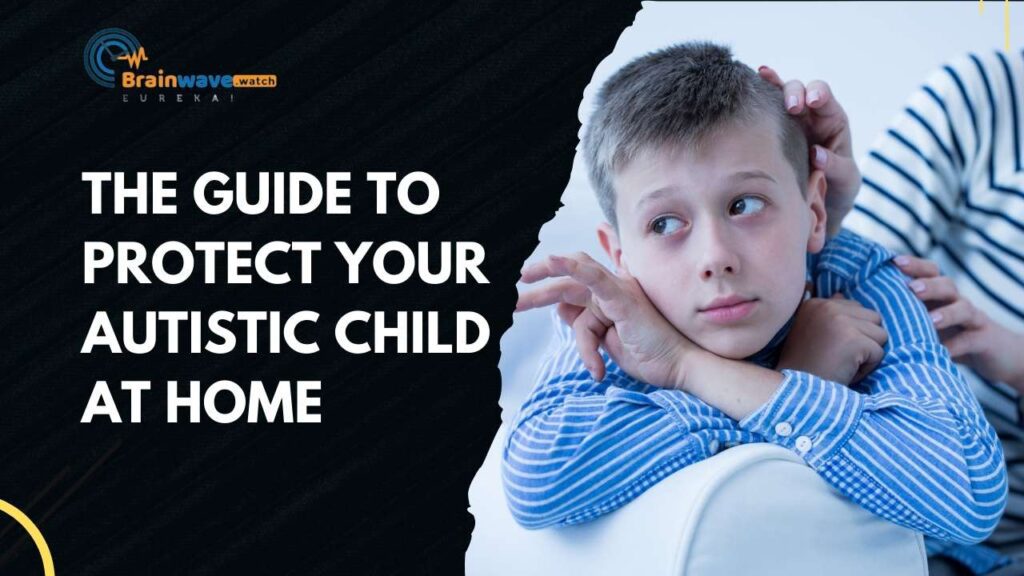As the demand for specialized summer camps for children with autism grows, so does the need for well-trained, compassionate, and knowledgeable camp counselors. Autism summer camp counselor training is crucial for ensuring a safe, supportive, and enriching environment for campers. This comprehensive guide explores the essential training components for counselors, from understanding autism spectrum disorder (ASD) to implementing effective communication strategies and behavior management techniques. Whether you’re a camp director looking to train your staff or a counselor preparing for the summer, this article will equip you with the insights and skills needed to create an unforgettable experience for children with autism.
Roles and Responsibilities of Counselors
Counselors at autism summer camps have a critical responsibility to ensure the safety of all campers. This includes monitoring campers’ activities, providing first aid if necessary, and ensuring that campers are following all safety protocols. Counselors should be trained in CPR and first aid, and be able to handle emergencies calmly and efficiently. They should also be aware of any medical conditions or allergies that campers may have, and be able to administer medications as needed.
Another important role of counselors is to foster a sense of inclusion and belonging among campers. This means creating an environment where all campers feel valued and respected, regardless of their abilities or challenges. Counselors should be trained in strategies for working with individuals on the autism spectrum, including communication techniques and behavior management strategies. They should also be able to adapt activities and programming to meet the needs of all campers.
Counselors are responsible for planning and leading activities that are engaging, fun, and appropriate for all campers. This includes both structured and unstructured activities, such as arts and crafts, sports, and group games. Counselors should be creative and adaptable, able to modify activities as needed to ensure that all campers can participate. They should also be able to work collaboratively with other staff members to plan and implement activities that meet the needs and interests of all campers.
Behavior Management Techniques
Counselors at autism summer camps are trained to use various behavior management techniques to ensure the safety and well-being of campers. These techniques are designed to promote positive behavior and prevent negative behavior.
Positive Reinforcement
Positive reinforcement is a technique that involves rewarding good behavior to encourage its repetition. Counselors use positive reinforcement to motivate campers to participate in activities and follow rules. Rewards can include verbal praise, high-fives, stickers, or other small tokens.
Counselors are trained to recognize and reinforce positive behavior as soon as possible. This helps to create a positive environment where campers feel valued and encouraged. Positive reinforcement also helps to build self-esteem and confidence in campers.
Crisis Intervention
Crisis intervention is a technique used to manage challenging behavior in campers. Counselors are trained to recognize the warning signs of a crisis and to intervene before the situation escalates.
Crisis intervention techniques include de-escalation strategies, such as remaining calm, speaking in a calm voice, and using non-threatening body language. Counselors may also use distraction techniques, such as offering a different activity or redirecting the camper’s attention.
In some cases, physical restraint may be necessary to ensure the safety of the camper and those around them. Counselors are trained to use physical restraint as a last resort and only when necessary to prevent harm.
Communication Skills Development
Effective communication is essential for any camp counselor, especially when working with individuals on the autism spectrum. Counselors should be trained to understand and interpret non-verbal cues such as facial expressions, body language, and tone of voice. They should also be equipped with verbal interaction techniques that can help them communicate more effectively with campers.
Non-verbal communication can be a powerful tool for camp counselors working with individuals with autism. Counselors should be trained to recognize and interpret non-verbal cues, such as facial expressions, body language, and tone of voice. For example, if a camper is avoiding eye contact or has a closed posture, it may indicate that they are feeling anxious or uncomfortable. In contrast, if a camper is smiling and making eye contact, it may indicate that they are enjoying the activity.
To help counselors develop their non-verbal communication skills, training should include role-playing exercises that simulate real-life camp scenarios. These exercises can help counselors practice interpreting non-verbal cues, as well as learn how to use their non-verbal cues to communicate more effectively with campers.
Camp counselors should also be trained in verbal interaction techniques that can help them communicate more effectively with campers on the autism spectrum. These techniques should focus on clear and concise communication, as well as active listening and empathy.
For example, counselors should be encouraged to use simple and direct language when communicating with campers. They should also be trained to actively listen to campers and provide feedback that shows they understand and empathize with their feelings. Additionally, counselors should be taught how to use positive reinforcement to encourage desired behaviors and motivate campers to participate in activities.
Legal and Ethical Considerations
Confidentiality is a crucial aspect of working with individuals with autism. Camp counselors must ensure that the personal information of campers is kept confidential and only shared with individuals who need to know. Counselors should receive training on the importance of confidentiality and the consequences of violating it.
To maintain confidentiality, counselors should not discuss a camper’s personal information with other campers, staff members, or individuals outside of the camp. They should also ensure that any written records or electronic files are stored securely and only accessed by authorized individuals.
Camp counselors must also be aware of their legal obligation to report any suspected abuse or neglect of a camper. They should receive training on the signs and symptoms of abuse and neglect, as well as the appropriate procedures for reporting.
In some states, camp counselors are considered mandatory reporters and are required by law to report any suspected abuse or neglect to the appropriate authorities. Failure to report suspected abuse or neglect can result in legal consequences for the counselor and the camp.
Camp counselors need to understand their legal and ethical obligations to maintain confidentiality and report suspected abuse or neglect. By receiving proper training and adhering to these obligations, counselors can provide a safe and supportive environment for individuals with autism to learn, grow, and have fun at summer camp.







